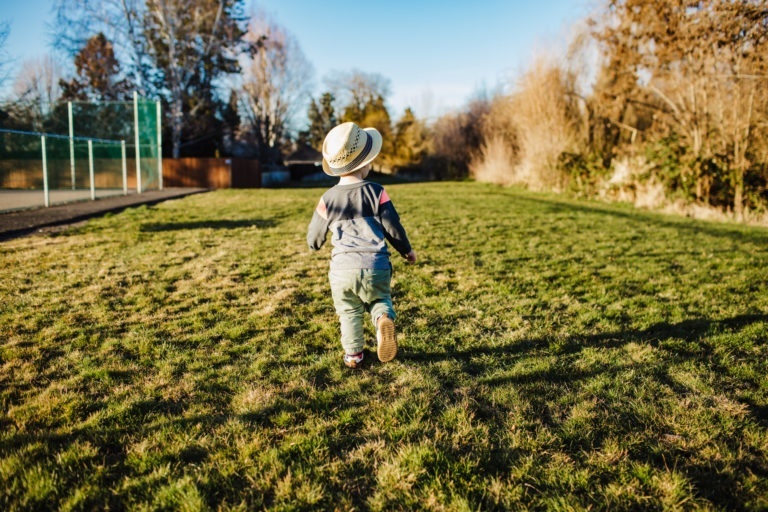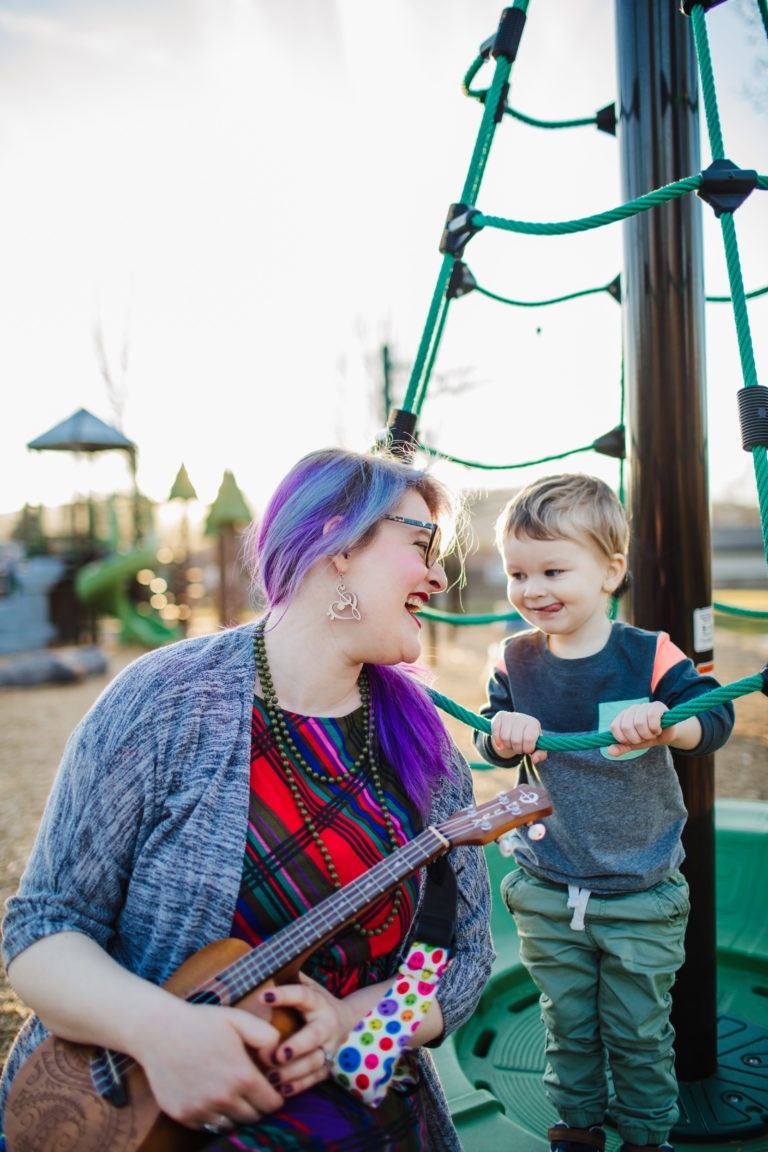Teaching and Parenting styles
Music Teaching Methods
Orff-Schulwerk
This is a developmental approach to music education that combines music, movement, drama and the spoken word, while tapping in to a child’s innate playful spirit.
The Orff Approach teaches music in four main stages: imitation, exploration, improvisation and finally, composition. First, children use their voice in song and poetry, then they add the body as an instrument (body percussion – clap, stomp, snap, etc), and lastly, instruments are added (xylophones, metallophones, glockenspiels), which are viewed as an extension of the body.
Dalcroze-Eurhythmics
Dalcroze-Eurhythmics was developed to teach rhythm, structure and expression through music and movement. In this method, the body is the first instrument, helping to make the music come alive.
Dalcroze is a rich, deep practice that invites each person to experience music in their own way. It features interactive games and activities to help students trust their ideas and hone their musical intuition.


Kodály Method
The Kodály Method began in Hungary and is based off of Zoltán Kodály’s philosophy of education; that everyone is capable of musical literacy when provided with strong, artistic, folk music in their native tongue. Folk music is the music of the people and tells the people’s story.
This is a comprehensive method that focuses on the voice as the first, most natural, and most important instrument. The Kodály Method emphasizes a love for music, as well as developing a strong inner ear and musicianship skills. As knowledge and skills grow, children proceed in a sequential manner.
Solfège (hand signs) are also commonly used in Kodály as a way to show spatial relationships between notes.
Feierabend Approach
Dr. John Feierabend is an American music education researcher, pedagogue and author. He is considered one of the leading authorities on music and movement development.
The Feierabend Approach emphasizes the use of high quality folk songs, as well as classical and traditional music. His approach strives for all people to become tuneful, beatful and artful. His work is committed to collecting, preserving and promoting folk music as a bridge to enjoying and understanding classical music.
Parenting Styles
The Montessori Method
The Montessori Method is all about encouraging independence and self-sufficiency. Developed by Maria Montessori, she believed that children are infinitely more capable than we think, and that, through observation, a prepared environment and a prepared adult, each child can soar to new heights.
Another key component to Montessori is showing the upmost respect for the child as an individual person.
A few key elements of Montessori include: freedom of choice, uninterrupted work and play time and mixed-age classrooms.
Attachment Parenting
Attachment Parenting emphasizes the relationship between parent and child through empathy and responsiveness, as well as physical body closeness. This nurturing connection is viewed as a way to raise secure, independent and empathetic children.

Free-Range Parenting
Free-Range Parenting allows the child to move about without constant adult supervision, in an age appropriate and developmentally appropriate way, while being aware of the risks. This is often seen as the opposite of helicopter parenting, where the parent constantly hovers and micromanages the child.
Unschooling/Joyschooling
Unschooling/Joyschooling is a form of homeschooling that focuses on the child’s interests, rather than a set curriculum, and uses those interests as a gateway into other subjects and experiences. Parents act as a facilitator and guide, providing rich resources and helping the child navigate the real world.

Peaceful/Respectful/Gentle Parenting
Peaceful/Respectful/Gentle Parenting refers mostly to the adult’s mental state. Making sure that you (the adult) stay grounded and calm in the face of challenging behaviors and situations, so that you can remain patient and emotionally available to help the child.
This form of parenting focuses on non-punitive, connection based parenting, in which the adult understands growth and developmental stages of childhood in an empathetic way. Parents also work to set and hold limits and boundaries with compassion.
Slow/Simplicity Parenting
Slow/Simplicity Parenting is where the adult plans few organized activities for the child, and instead, the child is encouraged to explore the world at their own pace.
